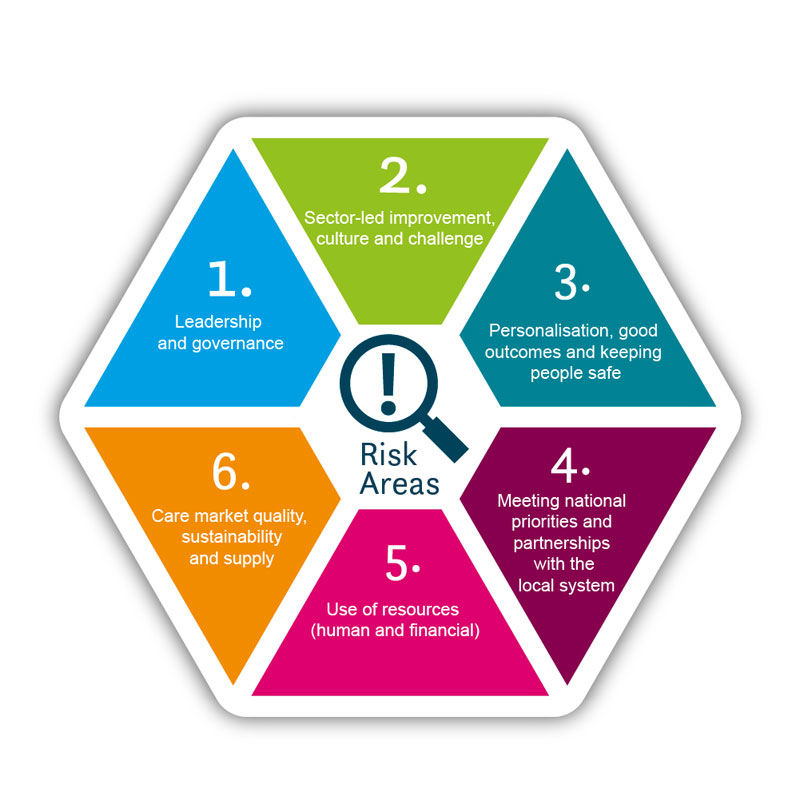Resetting the relationship between local and national government. Read our Local Government White Paper
The fully updated and online version of the Partners in Care and Health Programme adult social care risk self-assessment tool, originally developed in 2015 to support councils to identify, manage and mitigate risks across adult social care now live.
Councils can complete their self-assessments online and have their responses returned to them for analysis and discussion.
This updated version of the self-assessment is informed by detailed feedback from councils, and includes adjustments to some of the original risk domains to give greater prominence to workforce, commissioning and markets, safeguarding, engagement in sector-led improvement, personalisation, strengths-based practice, and user and carer voice. COVID-19 is also referenced for its impacts on budgets, care delivery and workforce
Supporting sector-led improvement
The focus of the self-assessment is on improvement-based self-awareness, rather than external inspection. It is designed to be proportionate to complete, and to inform peer challenge, aid mutual support, and build solutions to mitigating key risks.
Both ADASS and the LGA strongly encourage councils to carry out regular self-assessment exercises as this lends credibility to the sector-led improvement system. The conclusions from this risk self-assessment exercise will enable local system leaders to be confident that their council's adult social care risks have been assessed using an objective and credible process.
The self-assessment complements other self-assessment tools directors of adult social services may wish to use as part of their sector-led improvement journey, including locally agreed balanced scorecards.
The adult social care risk self-assessment model: a 360°look at risk in adult social care
The self-assessment enables Directors and their senior teams to form a view of where their risks may lie across six key domains of adult social care delivery:
- 1. Leadership and governance
- 2. Sector-Led Improvement, Culture, and challenge
- 3. Meeting national priorities and partnerships with the local system
- 4. Care market quality, sustainability and supply
- 5. Personalisation, good outcomes and keeping people safe
- 6. Use of resources (human and financial)
Benefits
The aim of the self-assessment process is to promote self-awareness amongst Directors and their senior colleagues, supporting them in targeting their energies and limited resources on the right issues, and identifying mitigating action to address their most pressing risks.
This process will also ensure that councils’ political and executive leaders are well informed about the potential risks facing adult social care, reflect these in their corporate risk registers and take them fully into account in their decision-making.
It will also enable ADASS regions to identify and prioritise the issues they should be addressing through their sector-led improvement activity locally, and the councils that might need most support to do this.
This also provides assurance to the public that risks in adult social care are being rigorously assessed and managed by their local council.
Interested in undertaking the self-assessment process?
If your council or ADASS region is interested in undertaking the self-assessment, please contact your region’s Care and Health Improvement Adviser (CHIA) in the first instance, or email [email protected].
Your CHIA will be able to discuss with you how to access the online self-assessment, Guidance notes, and get help with any queries. They can also help develop the approach you wish to take in using the self-assessment, including access to sources of support for independent analysis and challenge.
Feedback about the self-assessment itself is also welcome via your CHIA.


